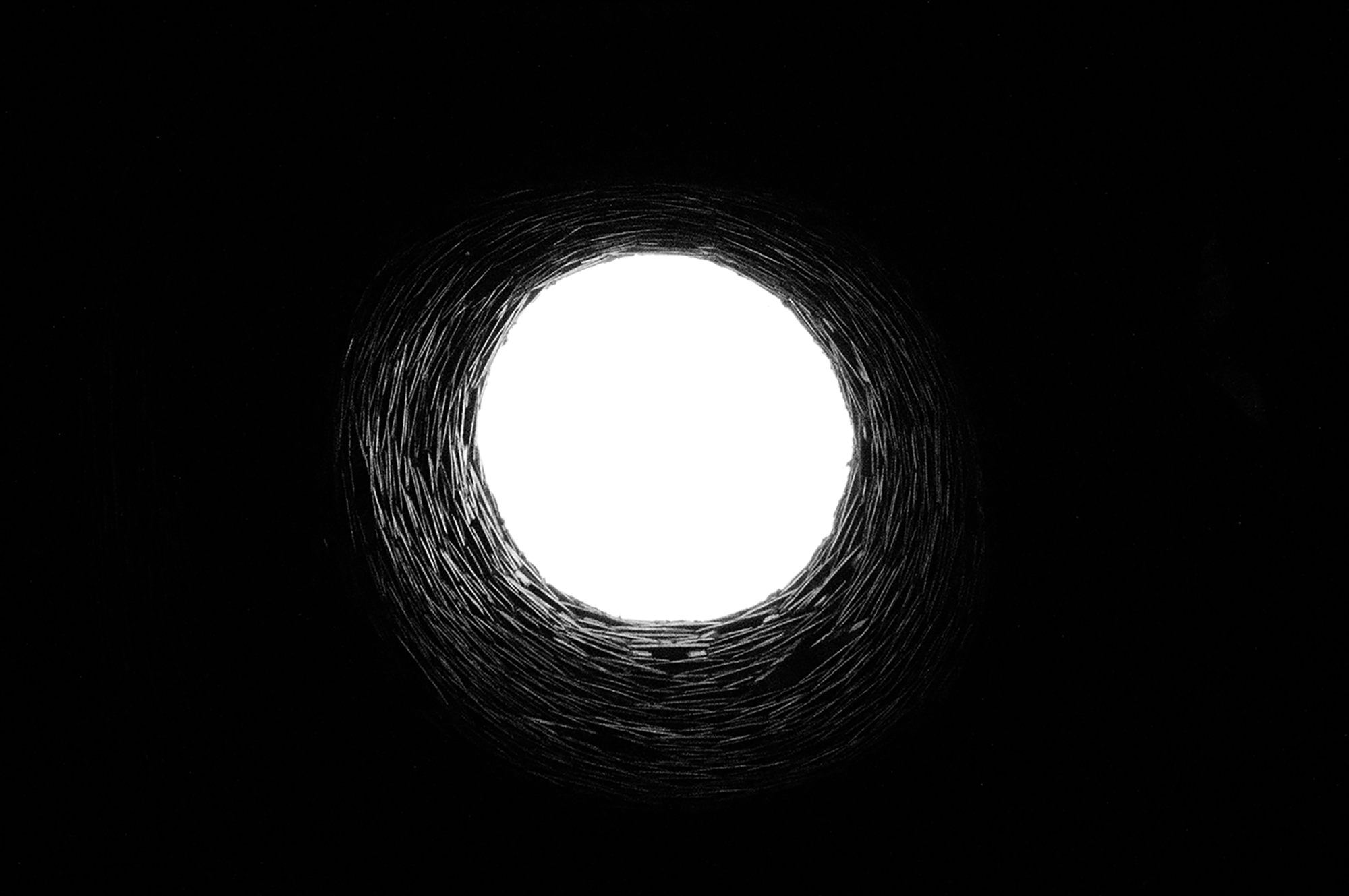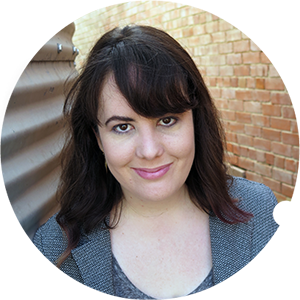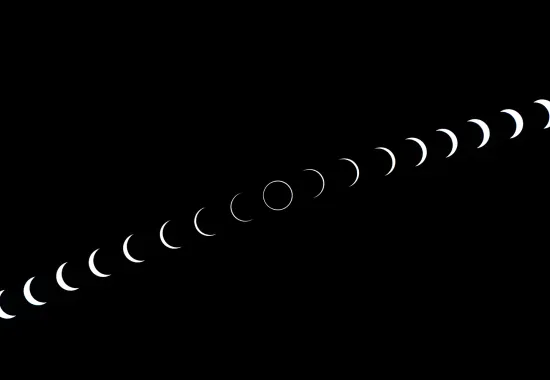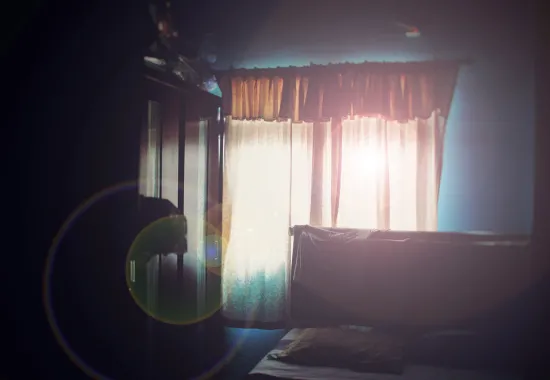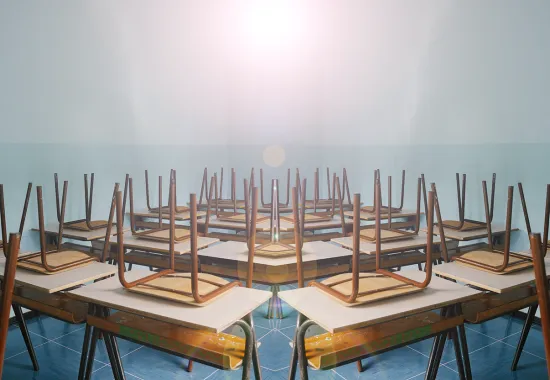Things We Must Never Think About but Always Remember
I can’t be alone with this nightmare information: leeches can jump. My mother texts back, Roaches can fly. She adds, Just things that we must never think about but always remember …. I text a series of laugh/cry emojis. She texts, hahaha. She ends the conversation, Now you know all about life. This came only days after her second spinal surgery, nearly a year after my father’s cancer consumed him and us.
Just things we must never think about but always remember. So we linger on the edge of the well, studying the spiders weaving between the stones of the well’s outer frame. And the seemingly faceless short-tailed shrews wandering through leaf rot. We don’t look inside the well long enough for our eyes to adjust, to see. We wander like the shrew. We never lower ourselves into the well.
The pair were so woven in my mind that I didn’t know her without him.
I found a mummified mouse just under the door of the closet where we keep seasonal décor. It must have escaped the maw of a cat only to die there. My mother asks for a photo. So to counter her teasing request, when I come across a crow’s head and wing on a walking path, I muster the will to photograph the head, perched upright, eyes staring into the lens. I text my mother to say I do not have a photo of the mummified mouse but am instead sending a photo of a crow’s head, removed by a predator’s guillotine. She replies, I thought you wrote mummified moose, that I’d want to see.
For nearly a year after my father’s death, I felt uncomfortable speaking with my mother. The pair were so woven in my mind that I didn’t know her without him. I shyly texted with someone I used to call regularly. She only sometimes replied. She tells me she hates texting. Maybe she also doesn’t know me without him. Maybe we must look into the well.
I called her in the days leading up to her surgery, worried that I couldn’t be there and that it was the first time in my life that my father wouldn’t be there texting updates from the hospital for the surgeries on my mother’s ankles, knees, hip, and spine. I looked down beside the bed and saw an eyeball looking back, she tells me. A cat left the head of a wide-eyed mouse. Now we tell each other, I hope you don’t come across any mouse heads today. It means I love you. We found a new language in the dark of the well.
Recommended
Crossing Paths
I Have Only Dreamed You Dead, For Now.
Encounter


